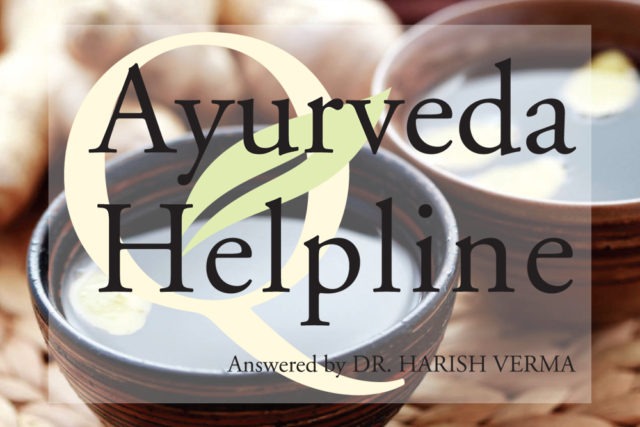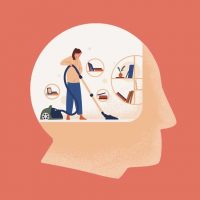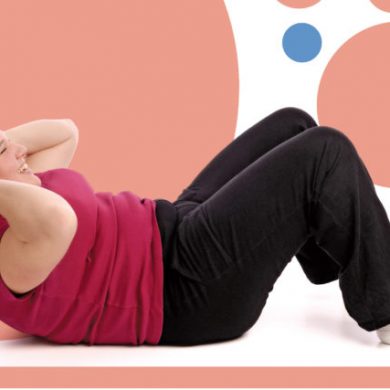Q: I suffer from Irritable Bowel Syndrome. It plays havoc with my daily activities and I feel tired all the time. Please recommend herbs. – Sheila
A: Irritable bowel syndrome is a common disorder that affects your large intestine. Irritable bowel syndrome commonly causes cramping, abdominal pain, bloating gas, diarrhea and constipation. Triggers affect some people, not others. Triggers for IBS can range from gas or pressure on your intestines to certain foods, medications or emotions. If certain foods make your signs and symptoms worse, don’t eat them. If gas is a problem for you then foods that might make symptoms worse include beans, cabbage, cauliflower and broccoli. Try to avoid them. Drink plenty of fluids every day. Water is best. You can take two teaspoons of Isabgol (Psyllium husk powder) in a half glass of water at 6 pm. Take one capsule each of Ashwagandha and Haritaki, twice a day.
Q: Does Ayurveda have any remedies for Multiple Sclerosis? Please recommend diet and herbal medication. I am already on a bunch of allopathic medicines. – Tom
A: Herbal remedies which are immuno-modulators and nervine tonics help to boost the immune system and increase stamina in MS patients. For lifestyle modifications, I recommend my patients follow stress-free daily routines, minimal use of the computer and frequent gaps during work, and adequate rest. Patient is advised to set aside about 60 minutes every day for meditation and yoga to help calm the mind and enhance body-mind-soul coordination. You should protect yourself from extreme temperature, always ensure you are in a comfortable environment, and do not stand or sit in one position for a long period of time. Take one capsule each of Guduchi and Ashwagandha, twice a day.
Q: My mother had cataracts in both her eyes and recently had surgery. But she has very dry eyes. Please advise. – Meena
A: Many people have lots of questions about this procedure, like will I need Glasses After Cataract Surgery and will I be left with dry eye syndrome?
Dry-eye syndrome occurs when the eyes don’t produce enough tears to stay properly lubricated. In some cases, tears are produced, but the tears are of poor quality and evaporate too rapidly. Tears play a key role in promoting clear vision, warding off infection, and keeping the front surface of the eye healthy. When left untreated, dry-eye syndrome can lead to pain, damage to the cornea, and some loss of vision. Though it can affect people of all ages, it is most common in people over the age of 65. Here are some common causes: Use of medications such as antihistamines, nasal decongestants, birth control pills, anti-depressants, and blood pressure medicines; use of hormone replacement therapy.
The following strategies may help reduce symptoms: Avoid dry conditions; take frequent breaks when performing activities that require prolonged periods of visual attention; use a humidifier to increase the moisture of indoor air; drink at least eight glasses of water daily; wear sunglasses when outdoors. You can give your mother Saptamrit Lauh (a herbo-mineral preparation), two tablets twice daily, and one teaspoon of Amla with water, every night before going to bed.
Q: I have hypothyroidism. I took Guggul tablets, but found that my heart raced for a couple of hours after taking it. Can you recommend something else? – Jill
A: You can take Triphala, two tablets or capsules, twice daily with water. Make a tea of fresh ginger and drink once a day. Avoid oily and starchy foods in your diet. Avoid sweets, chocolates, and ice cream. Eat a high-fiber diet. Exercise regularly.
Q: I am 65 years old and have the beginning signs of arthritis. I’d like to control the symptoms at this stage itself. – Sean
A: At this age, osteoarthritic changes may start in weight bearing joints like the knee joints and backbone. To control degeneration, you can take one teaspoon of Turmeric powder mixed in milk, daily before going to bed. One capsule of Shilajit can be taken daily with water. You should also do muscle-strengthening exercises of the knee joints.







